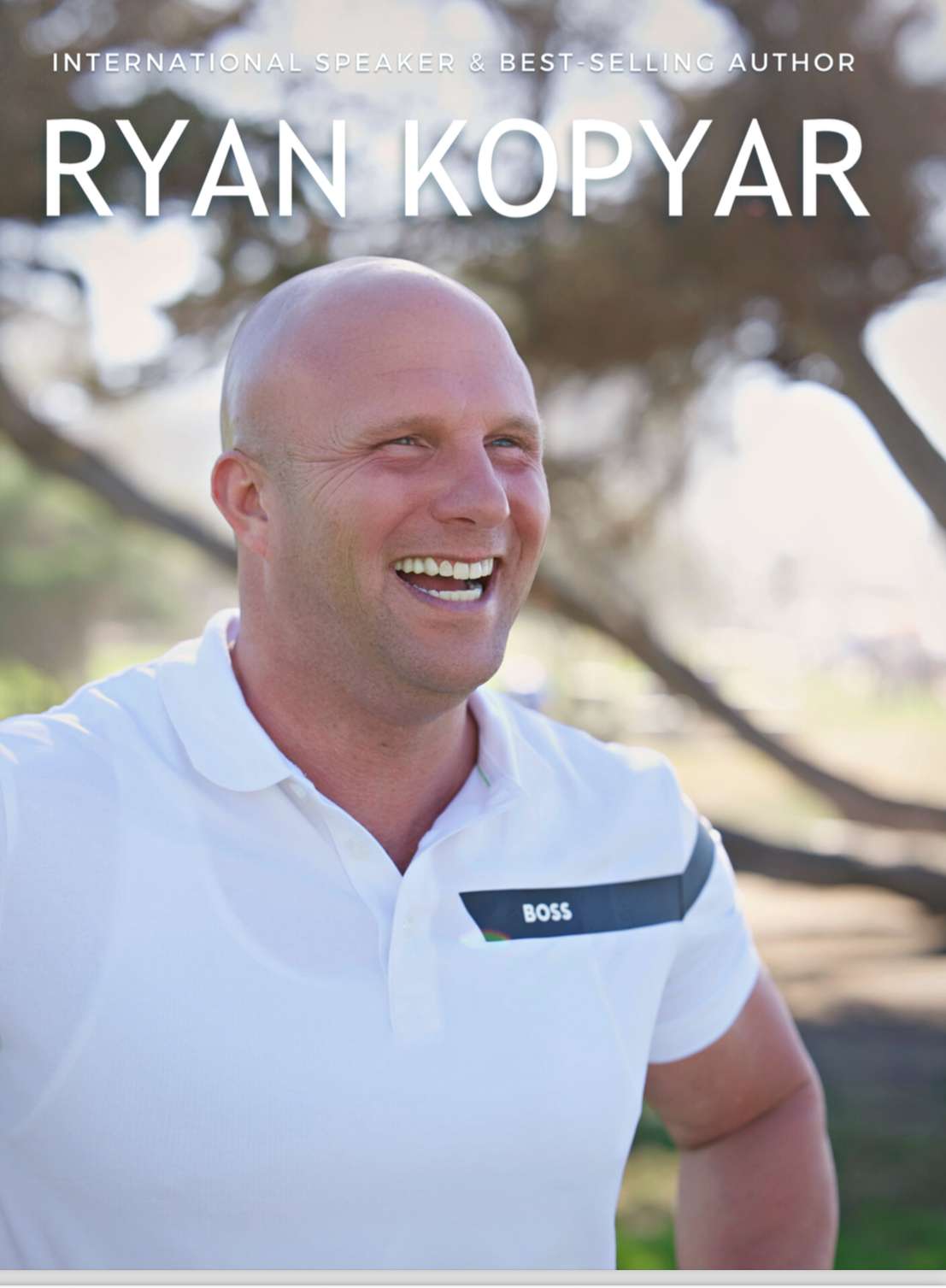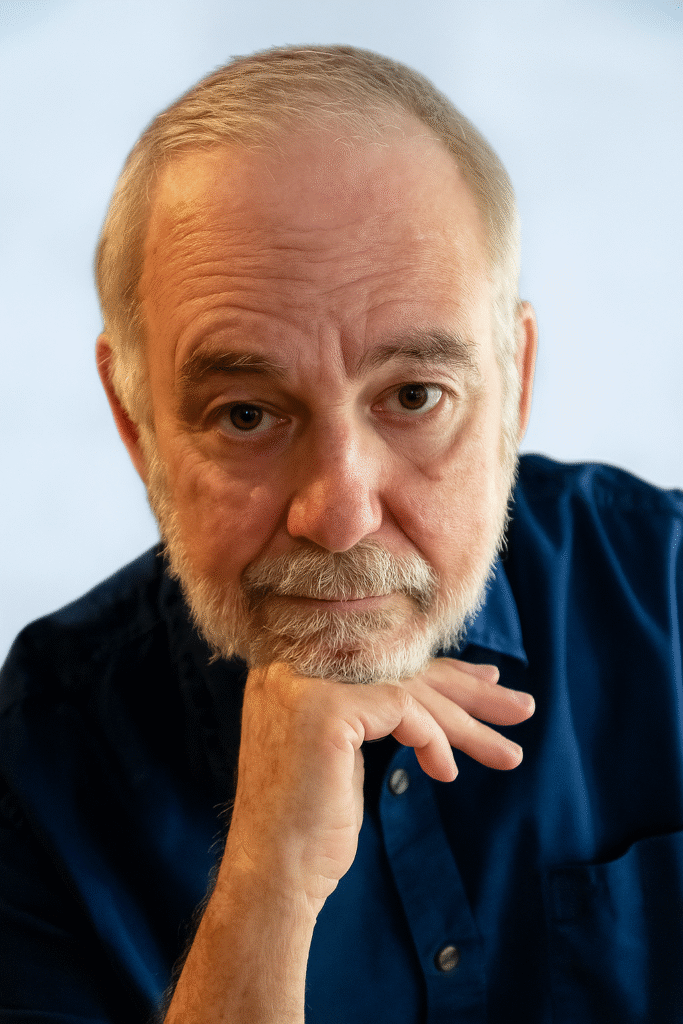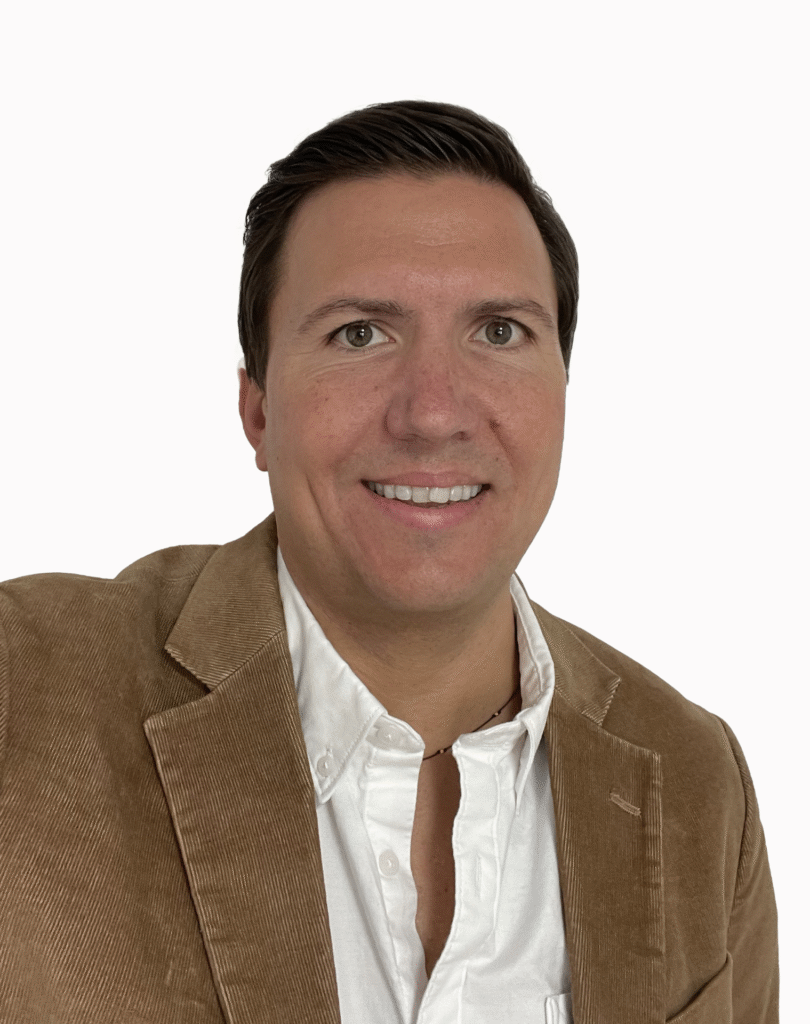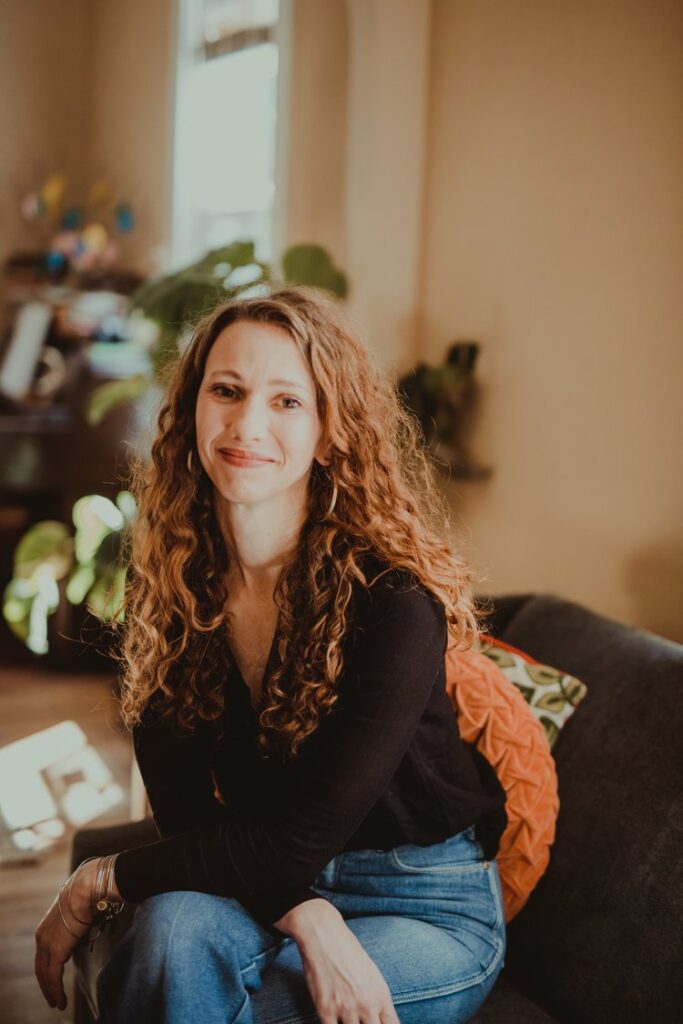
The Amome Collective profile for Ryan Kopyar
Founder of The Amome Collective | Clinical Mental Health Counselor | Advocate for Associate Empowerment
Ryan Joseph Kopyar is a licensed clinical mental health counselor in Washington (LMHC) and Oregon (LPC), and the founder of The Amome Collective—a first-of-its-kind platform built to empower associate-level clinicians to launch meaningful private practices with confidence, clarity, and community.
With over a decade of experience in mental health, systems design, and entrepreneurship, Ryan knows the challenges associate counselors face when trying to enter private practice—especially without a license to bill insurance or access to the right support. That’s why he created The Amome Collective: a full-service solution that offers billing infrastructure, marketing guidance, and practical mentorship to help associates build real caseloads without relying on community mental health jobs.
Ryan is the author of “Hey Associate, No License, No Problem” a step-by-step guide for pre-licensed therapists who want to grow their own practice while earning hours toward licensure. His approach blends clinical integrity, business strategy, and a deep respect for the heart of the helping profession. Through The Amome Collective, Ryan is reshaping the path to licensure—proving that associates don’t have to wait to start building the practice and lifestyle they deserve.
Whether you’re a recent graduate or an associate ready for something different, Ryan’s mission is simple: to help you break through limitations and step into private practice on your own terms.


The Amome Collective profile for Ryan Kopyar
Q. When you think about the associates you’ve supervised who really thrived, what was it about your approach that helped them grow?
A. What helped them thrive was a deep sense of trust and a supervision space where they felt both challenged and supported. I listen closely, attune to their developmental stage, and help them make sense of clinical work in a way that honors both technique and intuition. I’m intentional about creating a relationship where it’s safe to bring in doubt, mistakes, questions, and evolving identity as a therapist. That combination of safety, structure, and invitation to grow tends to catalyze real transformation.
Q. What do you do differently than most supervisors when it comes to supporting new clinicians through self-doubt, burnout, or imposter syndrome?
A. I normalize these experiences early and often. Rather than trying to fix or dismiss them, I see them as doorways to growth. I create room in supervision to explore the inner life of the clinician—not just the treatment plan—because burnout and imposter syndrome often stem from disconnection from one’s deeper values. I also help associates reflect on their limits with compassion and learn to set boundaries that allow them to remain grounded and effective.
Q. How do you balance clinical structure (like notes, ethics, and diagnostics) with helping your supervisees find their unique therapeutic voice?
A. Both structure and voice are essential. I view the clinical foundation—documentation, ethics, diagnostics—as the container that allows freedom and creativity to safely unfold. I work with supervisees to master the essentials while also encouraging them to listen for the language and presence that is most authentic to them. We look at how their unique personality and worldview can shape a therapeutic approach that is both ethical and alive.
Q. What’s one misconception associates often have about private practice that you enjoy helping them unlearn?
A. Many associates assume they need to have everything figured out before they launch or grow in private practice. I enjoy helping them unlearn the myth of perfection and instead embrace private practice as a learning journey. I also help associates overcome any tendency toward imposter syndrome and believe in themselves. It’s not about arriving fully formed—it’s about staying grounded, connected to your values, and open to growth over time.
Q. If someone is feeling nervous about reaching out to you, what would you want them to know about what it feels like to work with you?
A. You’ll be met with warmth, respect, and a sense of humor. I’ve supervised hundreds of clinicians and know how vulnerable it can feel to be in this stage of your professional life. I aim to create a space where you can show up fully—questions, uncertainties, and all. I bring both structure and heart to this work, and I’ll walk with you every step of the way.
Q. What are you passionate about teaching in supervision that you wish someone had taught you earlier in your career?
A. Actually, I was very fortunate early on in my career to have a supervisor who not only taught clinical excellence, but was compassionate, authentic, and humble. He taught me how to be a whole person inside and outside the therapy room. I am extremely grateful for his mentorship and strive to instill the same qualities in my supervisees.

Dr. Blake Suzelis, PhD, LMHC, RH, CMHS, NBC-HWC
Q. When you think about the associates you’ve supervised who really
thrived, what was it about your approach that helped them grow?
A. I have been fortunate enough to have grown up in a family of entrepreneurial doctors and alternative health practitioners, which has resulted in a foundational understanding of a holistic approach to healing, possibility thinking, motivational action, and a deep empathy for people. For the thriving supervisee, I have guided their clinical and business approaches to helping others while being intently aware of their personal growth. As we grow, everyone around us benefits, especially our clients.
Q. What do you do differently than most supervisors when it comes to
supporting new clinicians through self-doubt, burnout, or impostor
syndrome?
A. My holistic approach to counseling and supervision emphasizes the importance of personal identity. As clinicians, our inner work enables us to guide others more
effectively through their growth journey. Becoming the creator of your identity and story frees you to explore limitless possibilities.
Q. How do you balance clinical structure (like notes, ethics, diagnostics)
With helping your supervisees find their unique therapeutic voice?
A. Personally, I don’t enjoy taking notes or diagnosing; however, I understand the
importance of becoming an expert in these practices and helping clinicians in that
process. My approach prioritizes the clinician as the most critical aspect of the
supervision process, highlighting their unique and necessary therapeutic voice. Bottom line, therapists desire to help people, and the paper trail enables us to do so in an ethical manner.
Q. What’s one misconception associates often have about private practice
that you enjoy helping them unlearn?
A. I love this question! First, many clinicians believe they couldn’t possibly run their own business. False! If an individual is competent enough to complete their master’s degree and pass the counseling exam, they are competent enough to practice privately. Private practice offers financial freedom, personal autonomy, and the freedom to be the most authentic clinician possible. The world doesn’t need cookie-cutter clinicians any more than it needs every human to be the same.
Q. If someone is feeling nervous about reaching out to you, what would you
want them to know about what it feels like to work with you?
A. The unknown often feels unsettling or worse. I, too, was in your shoes, feeling anxious about taking the leap of faith into private practice directly following my master’s degree graduation. However, I had a supervisor in private practice who guided my business and marketing strategies, clinical necessities, and therapeutic formulations, first as a colleague and then as a friend. I love people and desire everyone to live freely without the self-constructed limitations of the mind. I strive to embody and teach this as both a human and a clinician, as well as a supervisor.
Q. What are you passionate about teaching in supervision that you wish
someone had taught you earlier in your career?
A. My supervisors played a crucial role in my personal and professional development. In many ways, the holistic approach that I am incredibly passionate about sharing would have been easier if it had been given to me. However, learning happens on the journey to understanding our unique note in the orchestra of life; therefore, I know it could not have happened any other way. Clients are drawn to a person’s authenticity, insight, passion, and experiences. My path of passion helped create the mind-body-spirit approach to helping people heal not only their minds and emotions, but also their bodies.


The Amome Collective profile for Ryan Kopyar
Amome Profile Coming Soon!